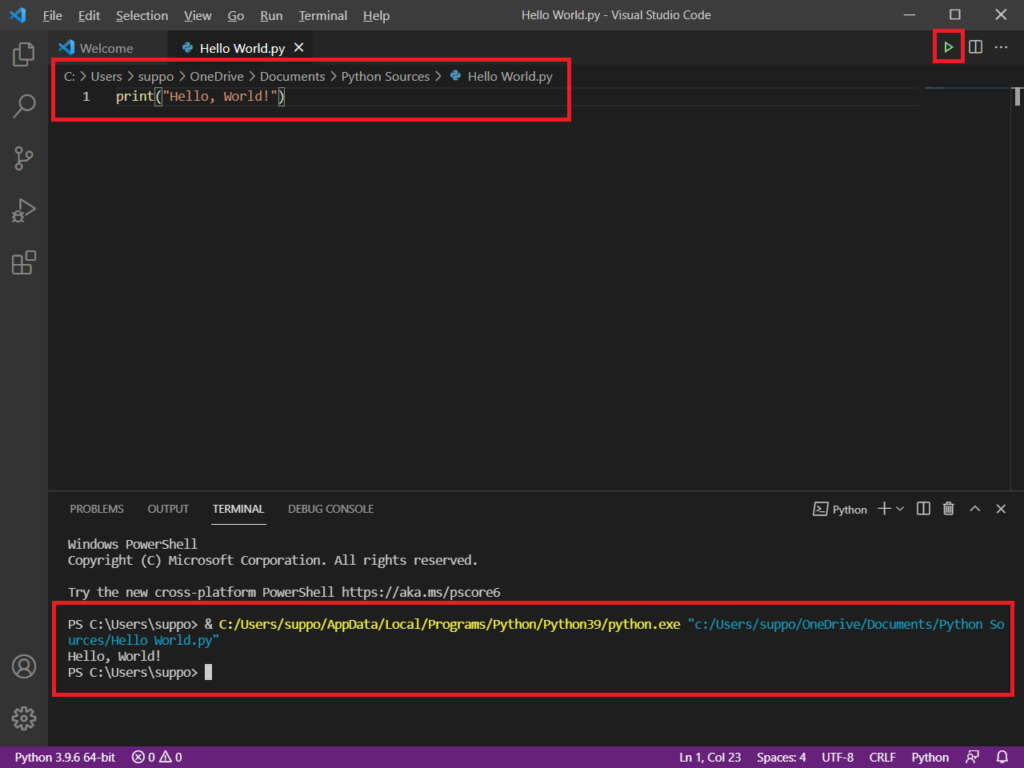

Details include a changelog, frequently asked questions, and a list of contributions and dependencies the extension gives to and requires from VS Code, respectively.
You can click each extension on the list to see more details before committing to a download. Each extension in the list will have a brief description, the download count (the number of times it has been downloaded), the publisher’s name, and a rating from zero to five stars. You can also use the search box on the top of the page to filter your results. 
VS Code automatically sorts Extensions by popularity. This will bring you to the “Extensions” list.Alternatively, you can use the keyboard shortcut “Ctrl+Shift+X” to open the “Extensions” screen. It’s located on the side of VS Code’s client. Click on the “Extensions” button in the Activity Bar.Open a PR and I'd be happy to take a look. Jupyter - Provides Jupyter notebook support for Python language, used for data science, scientific computing and machine learning.Python Indent - Correct python indentation in Visual Studio Code.
 Python Docstring Generator - Quickly insert Python comment blocks with contextually inferred parameters for classes and methods based on multiple, selectable template patterns. Python Environment Manager - Provides the ability to view and manage all of your Python environments & packages from a single place. Visual Studio IntelliCode - Provides AI-assisted productivity features for Python developers in Visual Studio Code with insights based on understanding your code combined with machine learning. Django - Beautiful syntax and scoped snippets for perfectionists with deadlines. Jinja - Jinja template language support for Visual Studio Code. Python - Linting, Debugging (multi-threaded, remote), Intellisense, code formatting, refactoring, unit tests, snippets, Data Science (with Jupyter), PySpark and more. This extension pack packages some of the most popular (and some of my favorite) Python extensions.
Python Docstring Generator - Quickly insert Python comment blocks with contextually inferred parameters for classes and methods based on multiple, selectable template patterns. Python Environment Manager - Provides the ability to view and manage all of your Python environments & packages from a single place. Visual Studio IntelliCode - Provides AI-assisted productivity features for Python developers in Visual Studio Code with insights based on understanding your code combined with machine learning. Django - Beautiful syntax and scoped snippets for perfectionists with deadlines. Jinja - Jinja template language support for Visual Studio Code. Python - Linting, Debugging (multi-threaded, remote), Intellisense, code formatting, refactoring, unit tests, snippets, Data Science (with Jupyter), PySpark and more. This extension pack packages some of the most popular (and some of my favorite) Python extensions.







 0 kommentar(er)
0 kommentar(er)
